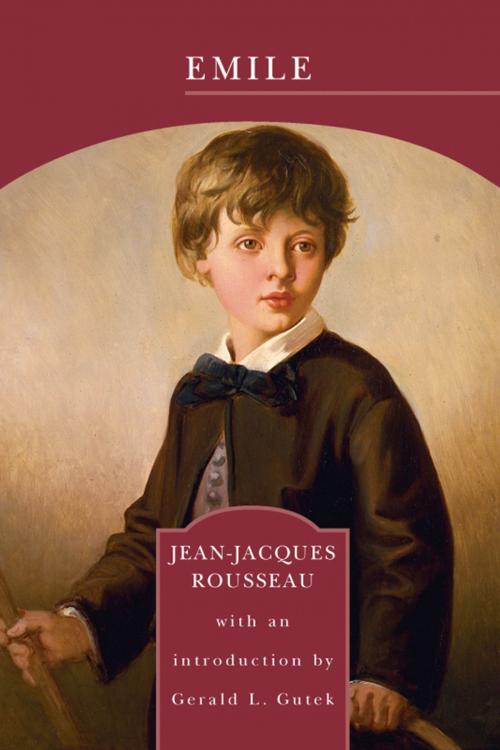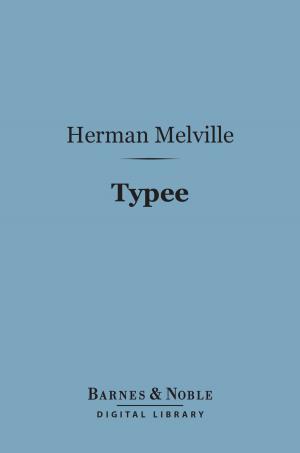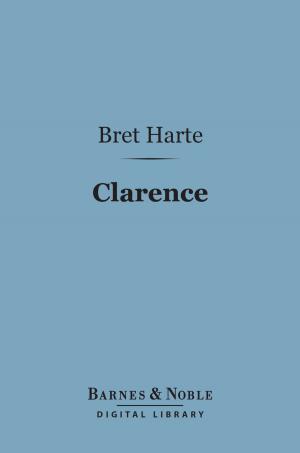| Author: | Jean-Jacques Rousseau | ISBN: | 9781411430532 |
| Publisher: | Barnes & Noble | Publication: | September 1, 2009 |
| Imprint: | Barnes & Noble | Language: | English |
| Author: | Jean-Jacques Rousseau |
| ISBN: | 9781411430532 |
| Publisher: | Barnes & Noble |
| Publication: | September 1, 2009 |
| Imprint: | Barnes & Noble |
| Language: | English |
Jean-Jacques Rousseau's thesis that children are naturally good at birth violated the traditional Christian doctrine of origin sin. His argument that education should arise from children's natural instincts and impulses rather than trying to civilize and socialize them challenged traditional schooling. Rousseau's defenders see him as a pioneering thinker whose revolutionary ideas about permissive child rearing generated the movement for child-centered progressive education. His detractors, then as now, dismiss him as an inconsistent, wildly utopian, romantic who introduced anti-intellectualism into modern education. These wildly different interpretations of Rousseau's Emile provoked controversy when it was published in 1762 and give the book a continuing relevance today.
Jean-Jacques Rousseau's thesis that children are naturally good at birth violated the traditional Christian doctrine of origin sin. His argument that education should arise from children's natural instincts and impulses rather than trying to civilize and socialize them challenged traditional schooling. Rousseau's defenders see him as a pioneering thinker whose revolutionary ideas about permissive child rearing generated the movement for child-centered progressive education. His detractors, then as now, dismiss him as an inconsistent, wildly utopian, romantic who introduced anti-intellectualism into modern education. These wildly different interpretations of Rousseau's Emile provoked controversy when it was published in 1762 and give the book a continuing relevance today.















